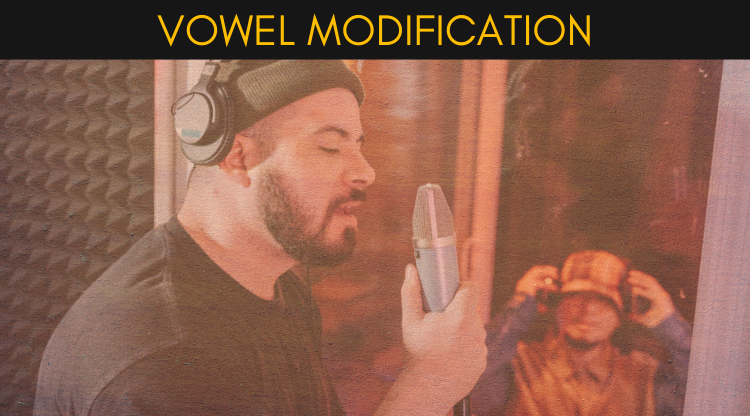30 Day Singer Blog - archives - page 12
Am I Breathing Correctly?

This article will answer some of the most frequently asked questions about breath and support. If you have a question that was not answered, head to our forum!
How To Build Vocal Stamina

Growth of arm or leg muscle is thought to happen as [muscle] fibers repair from damage due to overuse. Put simply, overusing particular muscles causes body builder’s muscles to become stronger. Singers, however, cannot approach their training this way because the laryngeal muscles function differently.
How To Reduce Vocal Strain

Vocal strain refers to the overuse or misuse of the muscles involved in singing. Sometimes, strain will show up as engagement of muscles that normally wouldn’t be engaged in the singing process. Here are some tips for avoiding strain.
Can You Improve?

The short answer is: yes, you can improve! Anyone can get better at singing. But let’s talk about why we feel that’s not true. Better yet, let's talk about what we can practically do to see improvement.
Jazz Vocals For Beginners

This article will give you an introduction to jazz vocals with musical examples from singers like Frank Sinatra, Ella Fitzgerald, Nat King Cole and more.
How To Memorize Lyrics

Pure repetition works if you have plenty of time. But if you’re on a tight schedule and want to speed up the memorization process, here are some tried-and-true tips used by professional singers.
How To Change The Key Of A Song

The quickest way to make a song easier is to change the key so that it fits comfortably within your range. But most beginning singers - whether or not they play an instrument - don’t know how to change keys without the help of a teacher. Today, I’m here to help!
How To Practice Riffs & Runs

Riffs and runs, though they originated in gospel music, have made their way into almost every contemporary music genre, including r&b, pop, and even country. We might define a run as “one lyric or syllable sung with many fast-moving pitches in succession”, while a riff is often more improvisational and can be vocal or instrumental (ie: guitar riffs). Read on for tips on how to improve and practice this skill.
Build Confidence As A Singer
.jpg)
When it comes to nerves and confidence, we can work from the inside out. That entails gaining performance experience, identifying your strengths, listening to encouragement from others and addressing any underlying fears at the root of your nerves That’s all great, and it’s the main way singers build confidence over time. But we can also work from the outside in to get some more immediate benefits. Read more to learn how you can do this too!
A Beginner's Guide To Vowel Modification

Vowel modification is simply: changing a vowel sound to make it easier to sing AND improve the tone quality. Why would we need to change vowels, though? Aren’t they all basically the same? No! Each vowel is the result of a slightly different shape in your vocal tract (the pathway from your larynx to your lips).

